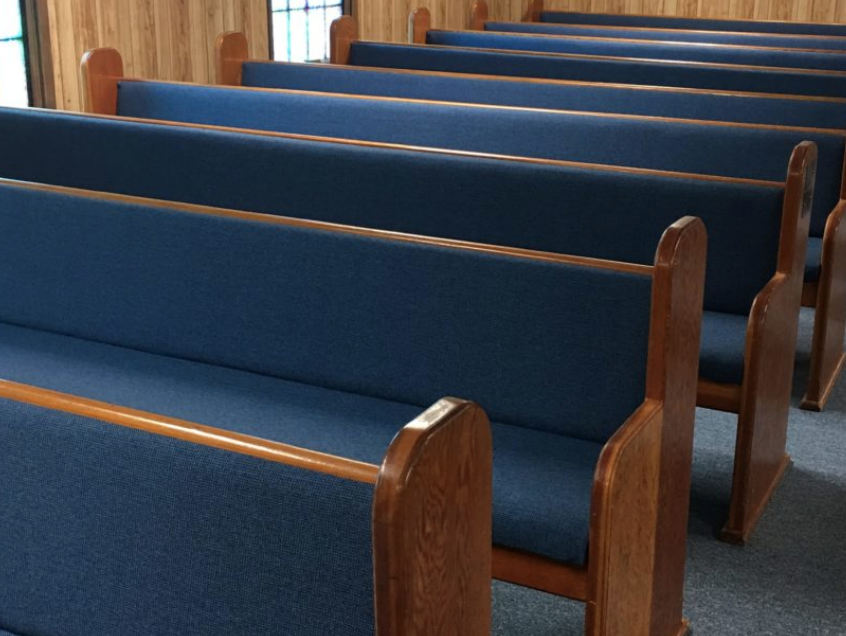While fighting the coronavirus, medical professionals have offered a strategy now seen everywhere in America, Europe and other First World cultures.
Here's the battle plan: Stock up on food and other essentials and then stay home. Wear masks when in public and practice safe social distancing. Everyone should wash their hands frequently for 20 seconds using soap and hot water. People with fevers or other symptoms should go into quarantine.
There's more. City and state lockdowns are essential to "flatten the curve" of new cases. Governments encourage waves of coronavirus tests. Hospitals collect ventilators to save critically ill patients. Mass transit is discouraged. Scientists rush to create a vaccine and develop new treatments, such as transfusions of antibody-rich blood serum from recovered COVID-19 patients.
Now, imagine selling those plans to the million-plus people jammed into the Kibera shantytown near Nairobi, Kenya -- Africa's largest urban slum.
“Our solutions are primarily for those who can afford it," said Dr. Mike Soderling, organizer of the Health for All Nations network for the Lausanne Committee for World Evangelization. "To whose advantage? … The big question: What are we going to do -- what can be done -- in the slums of Kibera?"
In America, news coverage of the crisis continues to be dominated by infection rates and death statistics, while politicos focus on the New York Stock Exchange and political polling about the 2020 elections. The lockdown-weary public celebrates any signs of normality witnessed in restaurants, big-box stores and sports stadiums.
Missionary doctors and activists active in Third World lands have a different point of view. Thus, 200 or more took part in a recent Lausanne webinar focusing on strategies for the COVID-19 battles they know will eventually reach the people they serve. Participants in this discussion kept asking painful questions, such as:
* How do slum-dwellers practice "universal hand-washing hygiene" without running water?
* Is it possible to practice respiratory hygiene in cultures in which masks are a stigma -- signs that individuals are carrying a life-threatening disease?










